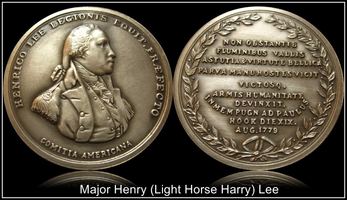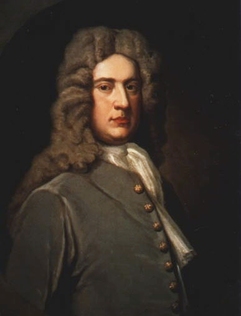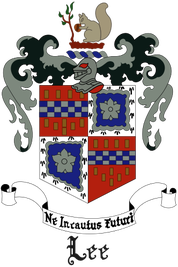 Henry Lee's Congressional Coin 19 August 1799
Henry Lee's Congressional Coin 19 August 1799 War Cry Heal Union: The series (6th of 10)
American exceptionalism: immigrants and constitutions.
Factions heard not silenced is today’s topic with Henry Lee III defending the First Amendment and the Unrepresented.
Henry Lee III is “Light-Horse Harry” Lee. He was famous in is own time, way before his son Robert was born. Lee served with distinction in the Revolutionary War, receiving recognition from the Second Continental Congress for his leadership at Paulus Hook (19 August 1779). Lee then followed through and supported the new Constitution through acts; as Governor of Virginia, he led the federalized state militias (during President Washington’s first-term) over the mountains and into western Pennsylvania in 1794 during the Whiskey Rebellion; he also took a beating for the First Amendment … more on that in a moment.
 The Immigrant: Richard Lee I
The Immigrant: Richard Lee I So what is that? ~ What makes us exceptional?
Well, a nation of immigrants is one thing; the first Lee in the colonies was early on at Jamestown, 1639, one Richard Lee I (1617-1664). He’s pictured right and is known as The Immigrant. He made his fortune in the early days of Virginia; he was involved in the fur trade with the aborigine and scooped up land from the King and turned it into working farms and plantations; to do so he exported tobacco, imported indentured workers, and was in the “business” of slavery. Richard Lee, at the time of his death in 1664, was a wealthy well-connected colonial immigrant.
Henry Lee III provides us another example of American exceptionalism: our Constitution, specifically, the First Amendment’s freedom of speech.
Henry Lee did lots of things ~ both good and bad. He didn’t do so well in business; he speculated on land and lost. That’s the bad mostly. The good is what others like George Washington noticed: his ability to lead.
 Lee Family Coat of Arms
Lee Family Coat of Arms “When it was over, half of Hanson’s friends had escaped, but one had been killed and eleven frightfully beaten. Eight were thought to be dead and were piled together in front of the building, where they were subjected to continued mutilation. Henry Lee was among this number. Drunken brutes thrust penknives into his flesh, and waited to see whether there was a flicker when hot candle grease was poured into his eyes. One fiend tried to cut off his nose. After a while, some of the town physicians succeeded in carrying him to a hospital.”
Henry Lee never recovered from his Baltimore beating ~ he was never the same; what he did though, honoring his revolutionary arts in peace as well as war, is recoverable: it’s an American experience and evidence of exception ~ even the not so pretty kind.
“Be not unmindful of the future” is the translation of the Latin motto “Ne Incautus Futuri” found on the Lee coat of arms ~ and that’s exceptional too.
Next up is the seventh essay in the War Cry Heal Union series: Monday 11 August and the 150th anniversary of a Civil War day in Georgia, 1864 ~ Johnny Reb and Gus Kotka discuss Robert E. Lee.
Posted by Bryan W. Brickner
 RSS Feed
RSS Feed
